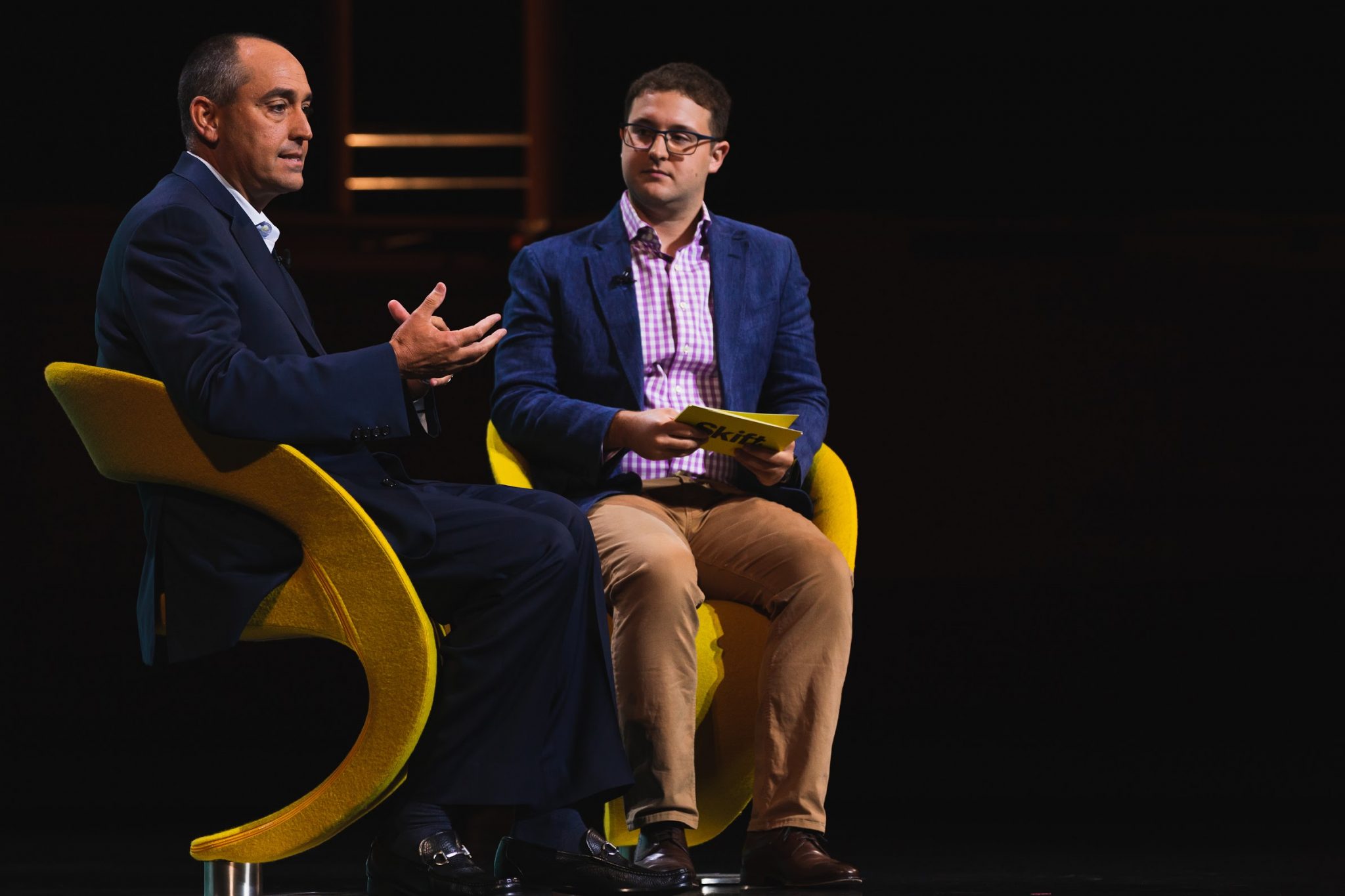Skift Take
Introducing a subscription model to the travel industry could lead to a transformation in the way companies sell their products. On the other hand, it may be a challenge to get travelers to lock themselves into one brand over a period of time — unless, of course, there is an attractive perceived value.
 There are subscription businesses for everything from entertainment to clothing. Why not for travel?
There are subscription businesses for everything from entertainment to clothing. Why not for travel?
That was the mindset of Brent Handler, founder and CEO of Inspirato, which has been renting out luxury vacation homes to affluent travelers for nearly a decade.
This summer, Inspirato introduced an all-you-can-travel subscription membership, separate from its original product. The Inspirato Pass costs $2,500 a month. Subscribers must sign up for a minimum of six months. It’s a first of its kind, not only for the travel industry, but for the luxury sector writ large, Handler said Wednesday during Skift Global Forum in New York City.
Inspirato offers pass holders “packages” consisting of room nights at either four-star-plus hotels or at its vacation rentals. Pass holders plug in dates they want to travel, and thousands of options pop up. A package may be two nights at a five-star hotel in Chicago or four nights at a luxury home in Aspen. Regardless, the price will not be listed.
The opaque nature of the pricing is the key to the system. It allows high-end properties the opportunity to off load excessive inventory without sacrificing rate integrity. Meantime, the consumer perceives value (yes, even wealthy people like to get a deal), and Inspirato, due to the rates negotiated with hotel companies, can, theoretically, make a profit.
Excess inventory, noted Handler, does not mean necessarily means distressed inventory. “Of the inventory being consumed by passholders, less than five percent is spoilable or distressed. It’s just that hotels and Inspirato almost never fully sell out. So, it’s a utilization boost.”
Even though there is a monthly fee, the consumer is not tied to traveling every month. On the other hand, several trips can be booked each month. The catch, however, is that only one trip can be booked at a time. Handler called it, “Look, book and repeat.” The next trip is not bookable until the first is completed, and at least one week has to pass between trips. This means the most someone can travel is 26 weeks in a year, hedging against users who might try to game the system.
Right now, there are 850 subscribers, and Handler said he is aiming for 2,500 by the end of the year. Since the pass just launched in July, it’s too early to predict the churn rate.
Aside from signing on new subscribers while maintaining the old, the biggest challenge right now, said Handler, “is building the relationships with hotel partners that are necessary for scaling (the program) at a rapid pace.”
Handler called the Inspirato Pass the most expensive subscription model on the market. Its success or failure may inspire other luxury products to follow the lead. By a similar token, Handler said he wouldn’t be surprised if the Inspirato Pass model inspires other travel companies to add a subscription component to their suite of offerings.
The Daily Newsletter
Our daily coverage of the global travel industry. Written by editors and analysts from across Skift’s brands.
Have a confidential tip for Skift? Get in touch
Tags: inspirato, loyalty, luxury, sgf2019, skift global forum, subscriptions
Photo credit: Inspirato CEO Brent Handler speaking at Skift Global Forum on Sept. 18, 2019, on stage with Skift Senior Research Analyst Seth Borko. Jon Nichols / Skift
